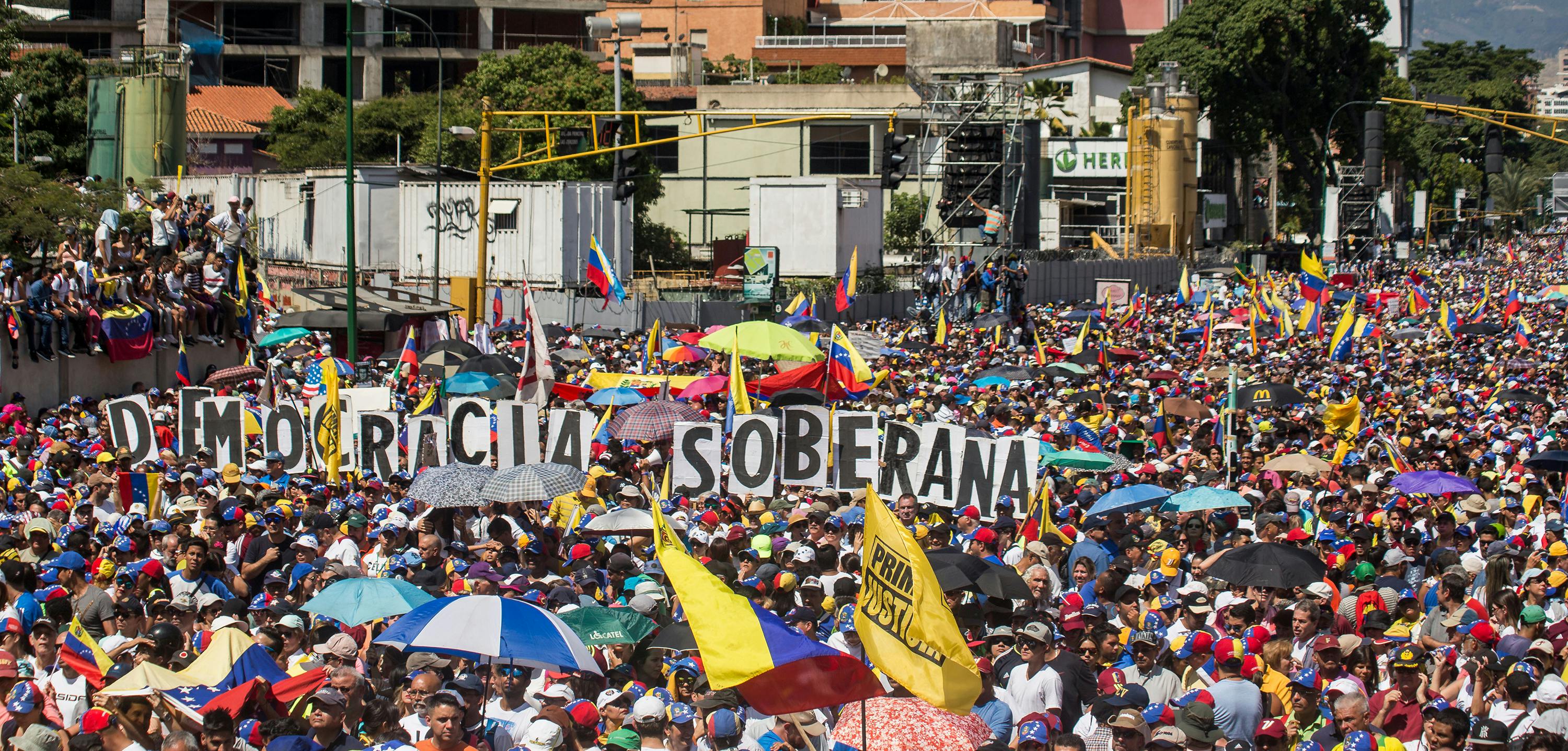Spring 2024
Russia’s Unrestricted Warfare in Latin America
– Ambassador Carlos Vecchio (Retired)
Even without military presence, Vladimir Putin’s influence is reshaping the region.
For two decades, Russia has engaged in “unrestricted warfare” in Latin America. While there is no substantial military presence, Russia’s intervention in the region is much more concerning; Vladimir Putin has shown he doesn’t need military bases to exert influence, which has slowly reshaped the region. That influence has accelerated since Russia’s invasion of Ukraine in February 2022.
Days before attacking Ukraine, Putin prioritized calls with the regimes of Nicaragua, Venezuela, and Cuba, and met in Moscow with the presidents of Argentina and Brazil. Today, the region remains an important part of Russia’s foreign policy. Shortly after the death of Russian dissident Alexei Navalny in prison, Russia’s Foreign Minister Sergey Lavrov visited Venezuela (for the second time in a year), along with Cuba and Brazil.
Venezuela is the epicenter of the Kremlin’s efforts to destabilize South America, similar to the Soviet Union’s grip over Cuba.
Russia has long sought to destabilize Latin America (which it considers to be a US sphere of influence) and to divert US attention from Europe—which Moscow sees as its own sphere of influence. For example, by using espionage, cyberattacks, disinformation campaigns, economic blackmail, military assistance, and laundering illicit financial assets throughout Latin America, the Kremlin has sought to wreak havoc throughout the region and stabilize Nicolás Maduro’s increasingly chaotic and authoritarian regime in Venezuela.
Indeed, Venezuela is the epicenter of the Kremlin’s efforts to destabilize South America, similar to the Soviet Union’s grip over Cuba. Only, Putin’s unwavering support for Maduro does not help Venezuela, rather, it serves Moscow’s geostrategic interests.

By supporting Maduro, Putin is backing the architect of Latin America’s worst crisis in the past 100 years. Venezuela’s collapse has produced close to 8 million refugees (26% of its population), pushed 90% of its population into poverty, and produced an 80% economic contraction. Russia’s partner in Caracas, a dictatorship that imprisons its opponents, is under investigation for crimes against humanity and is an ally of narco-terrorist groups (such as Colombia’s ELN and FARC dissidents that have found safe harbor in Venezuela). By exporting its chaos, aggravating the region’s migration crisis and contributing to its organized crime challenges through the territorial expansion of Venezuela’s Tren de Aragua criminal group, it further serves Russia’s interests.
Putin’s influence in Latin America extends well beyond Venezuela. In the past, Colombia has accused the Kremlin of cyberattacks, espionage, inciting violence and antigovernment protests through social media, and violating its airspace. Chile and Ecuador have, at times, made similar allegations. Recently, a US general declared Russia had more spies in Mexico than in any other country. When Ecuador’s new president agreed to a plan that would have sent its Russian-made military equipment to Ukraine, Russia banned the import of bananas from Ecuador until the country changed course.
The Kremlin has sought to wreak havoc throughout the region and stabilize Nicolás Maduro’s increasingly chaotic and authoritarian regime in Venezuela.
Russia has also influenced Latin American governments in more subtle ways, including through its robust network of Spanish-language media—both digital and conventional—which has spread disinformation and propaganda. Putin’s mouthpieces in Latin America are some of Russia’s most successful anywhere in the world.
When US Senators Robert Menendez (D-NJ) and Marco Rubio (R-FL) introduced the “Western Hemisphere Security Strategy Act of 2022,” it came with a warning about the need for the United States to counteract Russia’s “malign influence” in Latin America. They were right. But Latin Americans should also play a role in rejecting Putin’s attempts to use the region as a geopolitical pawn while offering no benefits to Latin Americans.
Carlos Vecchio served as Venezuela’s ambassador to the United States from 2019 until 2023. He is currently a Wilson Center fellow.
Cover photo: Demonstrators rally in support of EU's decision to recognize Venezuela's National Assembly President Juan Guaido as the nation Interim President. Caracas, Venezuela, February 2, 2019. Shutterstock/Ruben Alfonzo.
